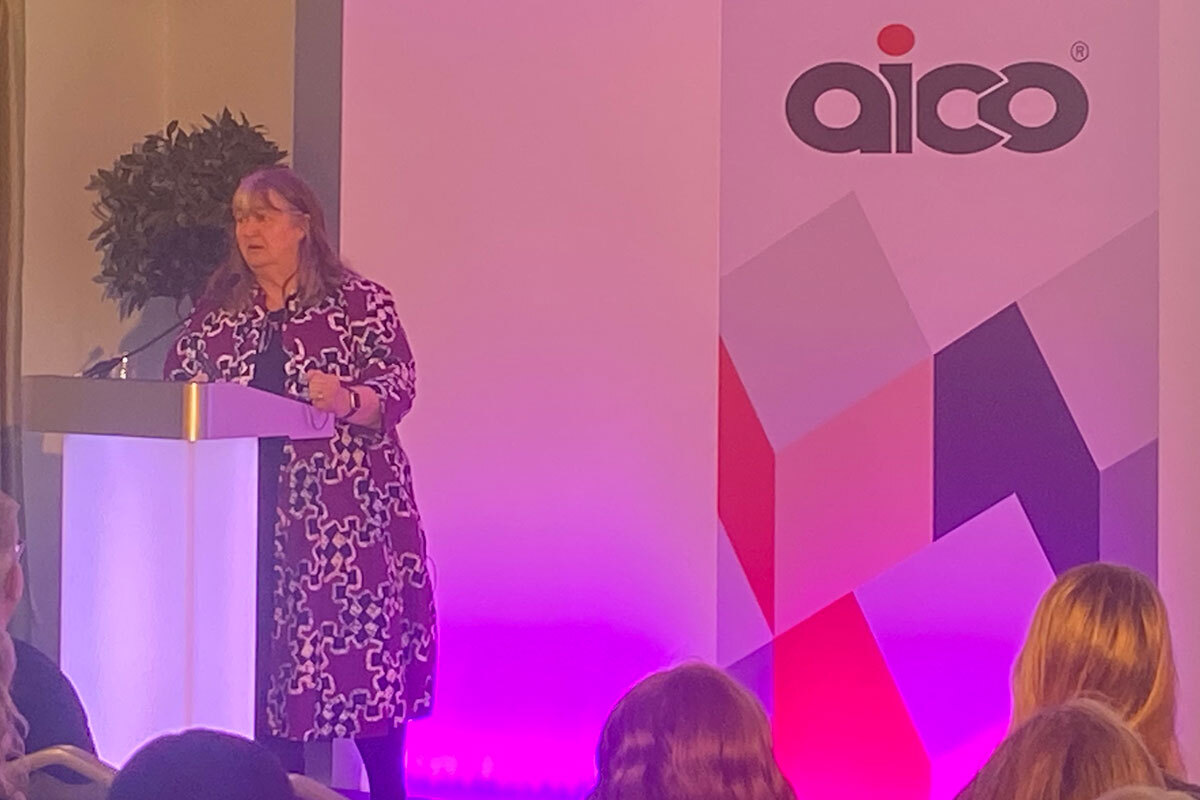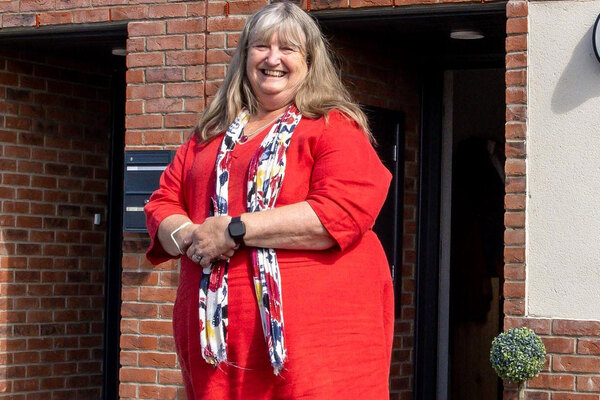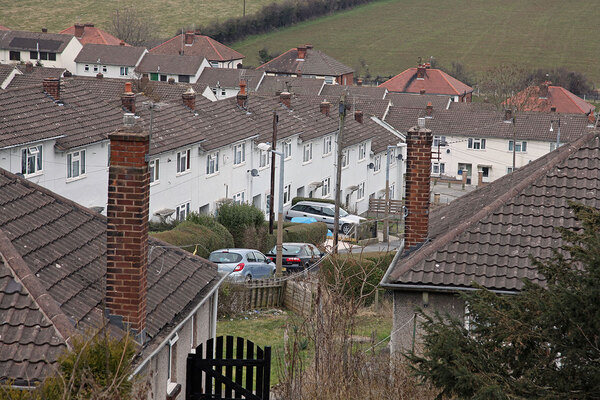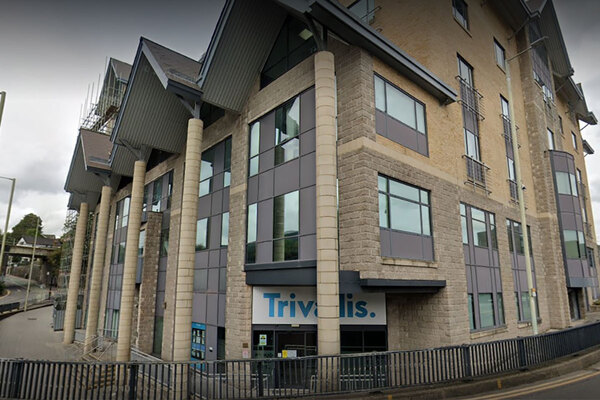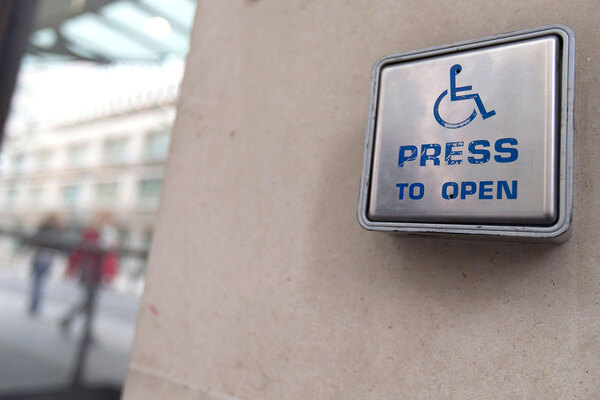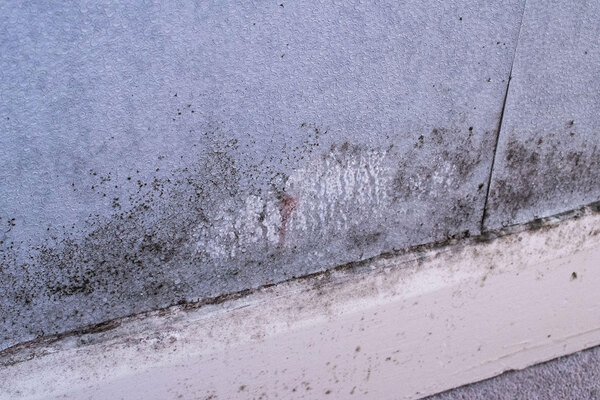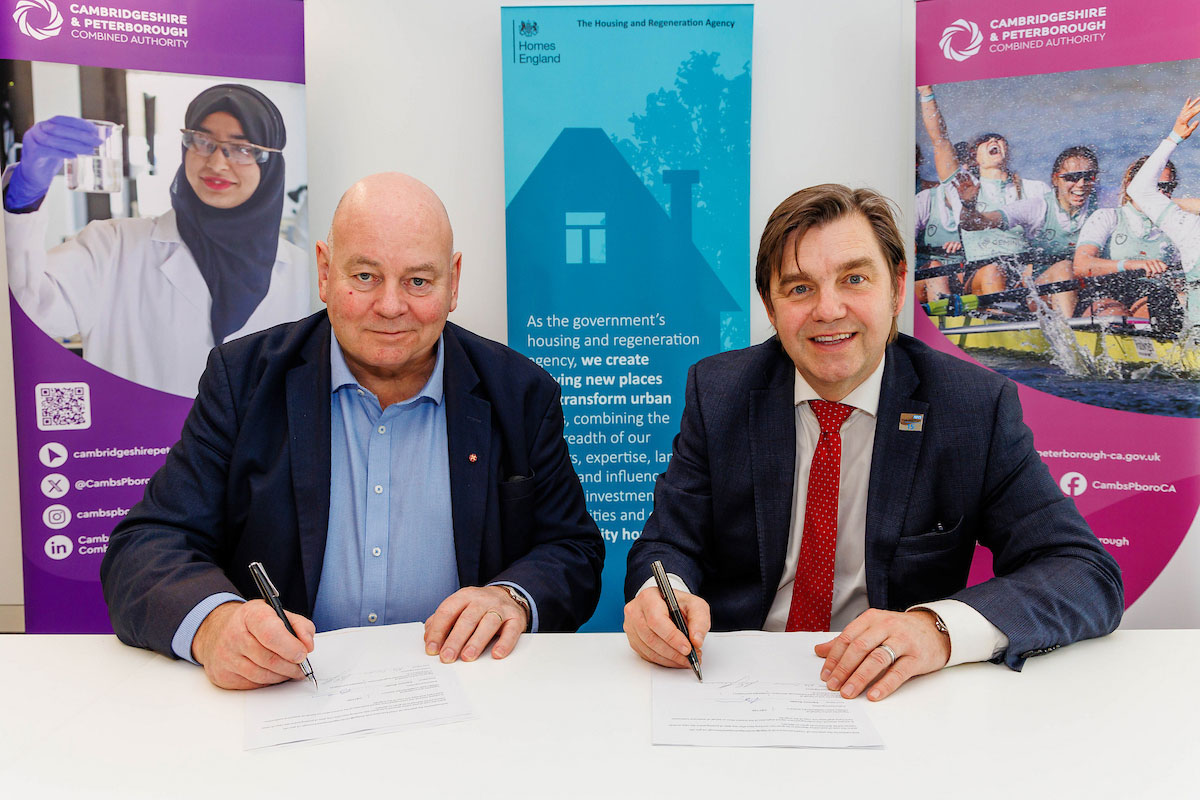You are viewing 1 of your 1 free articles
Welsh government is ‘hanging on to 20,000-home target by the skin of our teeth’, Tai 2024 delegates told
The economic uncertainty and global unrest over the past few years is putting the Welsh government’s 20,000-home target at risk, a senior government minister has admitted.
The cabinet secretary for housing, local government and planning told delegates at the Chartered Institute of Housing (CIH) Cymru’s annual Tai conference that the government is “hanging on to our 20,000 target by the skin of our teeth”.
Julie James said: “I’m determined to hang on to it. We need far more than 20,000 homes.
“I honestly thought when we set that target that I’d be saying at this point in time, well we’ve done that, we’re moving ahead.”
Ms James pointed to the impact of the coronavirus pandemic and the cost of living crisis in Wales, as well as an international picture of increasing unrest with the wars in Ukraine and Gaza.
The devolved administration hopes to hit this target for low-carbon social homes in the current Senedd term, covering 2021 to 2026.
In the first two years, 5,775 homes were delivered, according to the latest figures.
Ms James also explained how the government had been working with the tourism industry in Wales to make sure it can thrive despite some of the policies her government has introduced to crack down on second homes.
It has increased the maximum level local authorities can set council tax premiums on second homes and long-term empty properties from 100% to 300%.
This new policy means that from April 2023, local authorities have been able set the premium at any level up to the maximum – a possible rise of 200%.
A second change came in this month that made self-catering accommodation liable for business rates instead of council tax.
Currently, properties that are available to let for at least 140 days, and are actually let for at least 70 days, will pay rates rather than council tax.
The change will increase these thresholds to being available to let for at least 252 days, and actually let for at least 182 days, in any 12-month period.
The move is intended to provide a clearer demonstration that the properties concerned are being let regularly as part of genuine holiday accommodation businesses making a substantial contribution to the local economy.
Ms James told Tai 2024 delegates it was “mad” that a system had developed where people who need a house are being put up in bed and breakfasts while holiday-makers are staying in homes.
“We’re rebalancing that we will be putting through a statutory licensing scheme for holiday homes, which means that those homes will have to be fit for human habitation. So that they have to jump through the same hoops as they would do if they’re providing long term rental accommodation.”
She added: “And then we hope to persuade many of them that actually providing a home for a family might be a better way of using their investment than the short term holiday lets.”
Ms James also spoke of her hope for the building safety regime in Wales, which Inside Housing revealed in March will apply to all multi-occupied buildings in the country that contain two or more homes, regardless of height.
Sign up for our Wales newsletter
New to Inside Housing? Click here to register and receive our Wales round-up straight to your inbox
Already have an account? Click here to manage your newsletters
